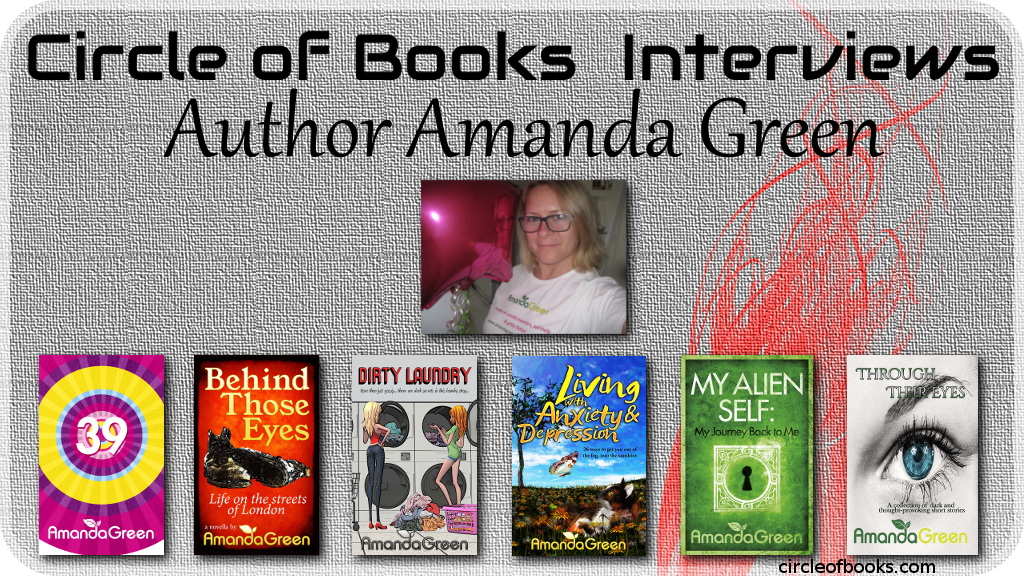Interview – Amanda Green
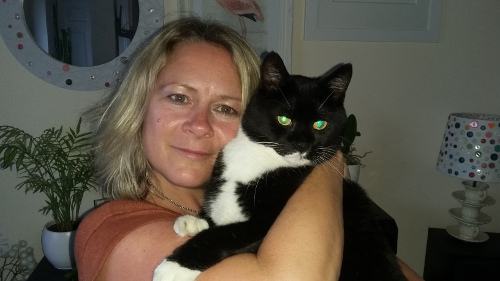
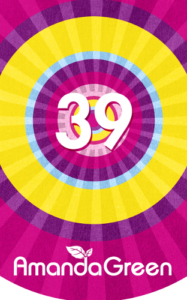 |
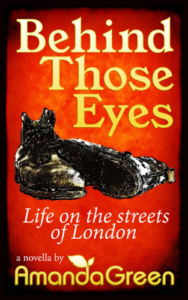 |
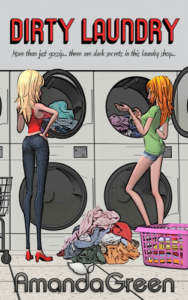 |
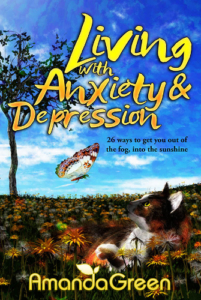 |
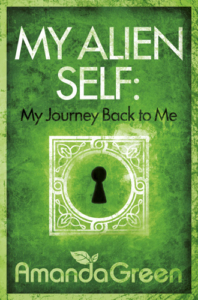 |
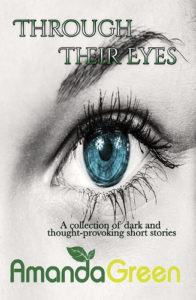 |
– When did you start writing stories/novels, what moved you to start writing?
Apart from the obligatory short story we would be asked to write at school, I started writing in my early teens, starting with logging my life in a diary. The snippets got longer and became journals. I could write anything in them, knowing that no-one else would see them, yet it was cathartic, as if I had told someone I trusted. The pages filled with my thoughts, feelings, events and behaviours. When I travelled around the world, they got even more in depth, becoming quite a task, but I kept on writing until I was in my late thirties, when I used them to write my first book; a memoir.
– In what genres do you write? Do you plan writing in other genres?
I wrote two first person memoirs, and a self-help book for depression and anxiety to start with, before moving on to fictional stories. I first wrote short stories and novellas, then most recently I published my first novel. My fiction is gritty and highlights how people deal with adversities and relationships. I love to study the human psyche, which is perfect for my job as a therapeutic counsellor.
– Tell us about your novels. Why should everyone buy them?
Because they will make you stop and think, and we will all be able to relate one thing or another in them, or multiple things. Some are dark, but most are inspiring.
– What is your all-time favorite novel? What makes it special?
‘A Clergyman’s Daughter’ by George Orwell is one of my favourites. It’s raw and about the human psyche, as well as showing us what it was like living in a piece of time gone by. Beautifully written.
– Tell us a bit about your writing process.
It changes… For my first memoir, it was a case of sifting through reams and reams of journals, photographs, postcards, letters and such like, in order to piece together my story through the eyes of me as a girl at whatever age I was at the time, alongside current narrative. For my second memoir, I wrote it from start to finish then edited. My self-help book I wrote in sections, then managed to make headings so it could be presented as an A-Z. All my fiction, I write the story, then go back to edit only once it’s finished. Sometimes I have an idea of a storyline, but never an ending, and sometimes I just write, and characters and a story unfolds as I go along. Very non-conventional!
– What author would you love to have dinner with?
Chris Cleave. I loved his book, ‘The Other Hand’ and would love to get some inspiration from him as a writer.
– Tell us about your hobbies and passions other than writing.
My biggest passion is animals. They have always been a source of comfort to me; whether it’s my own pets, animals in a park, or seeing them in their wild habitat. I have been lucky enough to see wild Orangutans (holding a baby orphan at one point), wild seals, monkeys, birds (including puffins), elephants, hippos, rhinos, zebra, giraffes, and much more.
I also love visiting new places, my job as a therapeutic counsellor, learning about how people ‘tick’, eating good food, my home and harnessing my freedom.
– We have many followers who would like to start writing a book or are already writing their first novel, any advice for these brave people?
Write, and keep writing. Do not stop until the story is finished. It is always a mistake to write a bit and then give into the temptation to go back and edit it before moving on. You will lose the flow and the writing could end up disjointed. Also, never think you cannot write, increasing the pressure on yourself. Just write and see what happens.
– How often do you write, daily, every other day or?
It varies. If I am writing a book, I will write obsessively every day until it’s finished, If I am not, I have a good break until I am feeling creative again. I want writing to be enjoyable, not a task.
– Do you keep a notebook with ideas for your novels? If so do you carry the notebook with you so you won’t forget any ideas?
I write ideas on any piece of paper that is to hand, or even SMS myself ideas, then transfer them to an ideas word document on my computer. When I am ready to start a book, I do carry a notebook, yes.
– How important is research when writing your books?
Research is key as it’s important to get the facts right in any book. There would be nothing worse than readers being able to pull apart the facts in your book because you didn’t research them properly. A story should be authentic.
– What are you reading at the moment?
I am reading an old book ‘Feel the fear and do it anyway’ by Susan Jeffers. It’s a self-help book to help us face our fears and harness the fear rather than let it rule us. I read some books like this for personal development and also to help me with my counselling clients.
– Certainly, you have had some interesting episodes as an author, fans related or others, share one of them with us.
I think, for me, it’s the whole experience of self-publishing. I have self-published all my books, which gives me control over everything; prices, launch dates, format etc. It also means that ALL marketing is down to me, so my book sales and reviews are all to my credit. Sometimes I have felt like pinching myself, as I seem to have managed to make it work!
– A final message for our circleofbooks.com readers.
Keep reading! It’s relaxing, it broadens the mind, and it’s a wonderful escape! And if you want to write, just do it! We all have a story to tell…
Thank you Amanda Green. We at circleofbooks.com wish you much success!
Click here to visit the author’s page here on circleofbooks.com
Tweet
